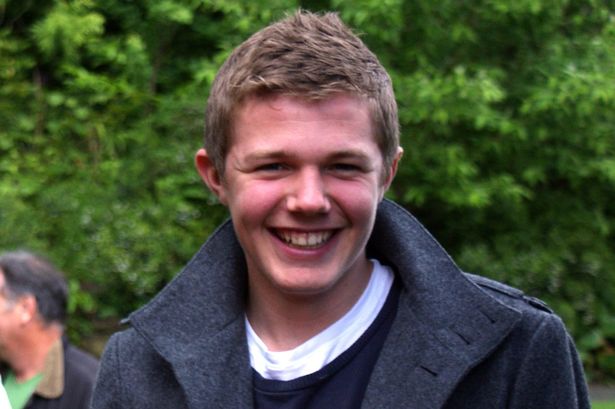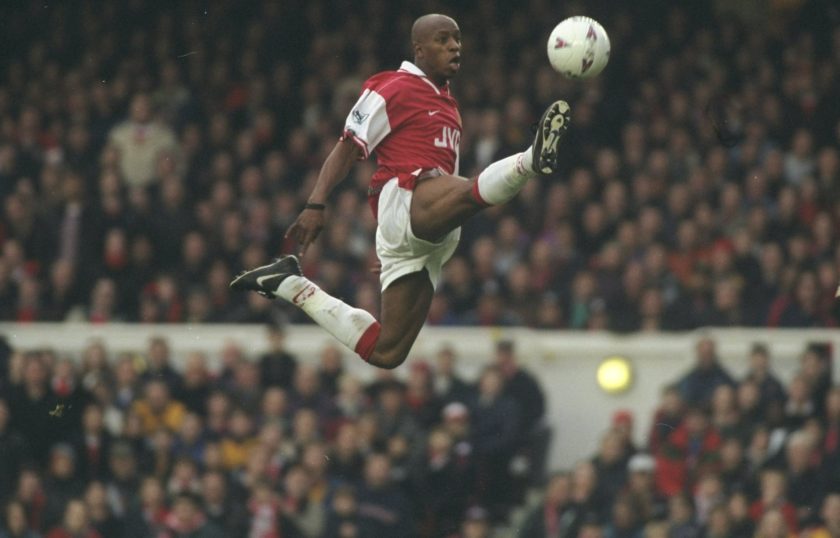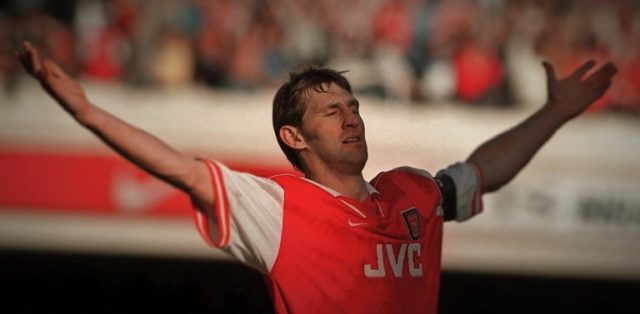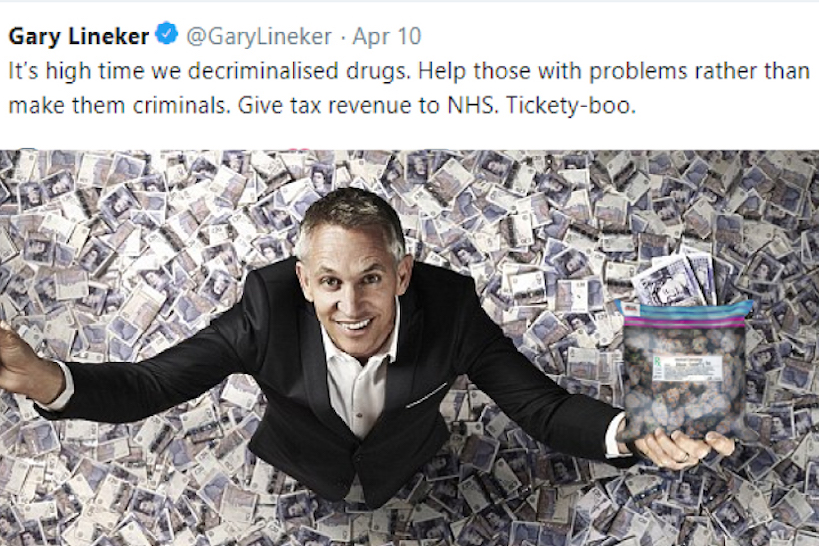By Deej Sullivan & Greg de Hoedt
Adding his name to a growing list of British celebrities, BBC presenter Gary Lineker has made it known that he believes drugs policy in the UK needs to change. He even had a few suggestions to boot.
On Tuesday 10th of April, England football legend, host of BBC’s Match Of The Day, and notorious potato-botherer Gary Lineker published a series of Tweets calling for a change to the UK’s current drug policy.
Retweeting and commenting on a post from David Lammy MP, Lineker admitted that his own views may be “controversial,” but that he has “…never understood the drug laws,” adding, “Just get on with decriminalisation. Prohibition doesn’t work, just creates much worse crime. Other countries like Portugal are leading the way and results are impressive.”
After his initial Tweet provoked a lively (and mostly positive) discussion among his 7 million followers, Lineker went on to advocate a harm reduction approach to drug policy, whilst drawing attention to the tax revenue that a regulated market could raise for the beleaguered NHS.
“It’s high time we decriminalised drugs. Help those with problems rather than make them criminals. Give tax revenue to NHS. Tickety-boo.”
13:14 – 10 Apr 2018
It’s high time we decriminalised drugs. Help those with problems rather than make them criminals. Give tax revenue to NHS. Tickety-boo.
— Gary Lineker (@GaryLineker) 10 April 2018
Naturally, Lineker’s Tweets garnered their fair share of “stick to what you know” replies from defenders of the status quo, including from fellow pundit Richard Keys. One fan said “drugs ruin lives” but “so does alcohol but prohibition didn’t work” was his response. Clearly, however, Lineker believes he is not arguing from a position of total ignorance. In response to such accusations, he replied, “No expert of course, but read quite a lot about what they’re doing over there”.
In the past, celebrities with Lineker’s level of status have seen it as a foul to mention drugs at all. Usually, the only time you’d hear a sportsperson discussing drug use would be if they were caught using an illicit substance, and 99 times out of 100 they’d be apologising for their stupidity and vowing never to do something so awful ever again.
In part, this sort of response has been down to the perception of sports stars as role models for the younger generation, who as such are expected by many to show nothing but disdain for drug use and support for prohibition. By supporting reform and regulation, however, Lineker and others are in fact advocating for a new approach which, far from stigmatising drug use and prematurely killing the careers of young footballers who may experiment with drugs, would treat them like the fallible human beings they are and help them to fulfill their potential.
There can be little doubt that current policy will have ended careers before they began, consigning potential national heroes and record-breakers to the scrapheap of history, or worse, condemning them to a life of criminalisation and suffering.

In the worst cases, being caught with drugs has sealed an even worse fate for young people. In 2013, 17 year old Edward Thornber, an England Under-19 Lacrosse international, took his own life after receiving a court summons over 50 pence worth of cannabis. Edward had been stopped by police in Newquay, Cornwall, and was found to be in possession of a Class B substance. Rather than face criminalisation and the end of his promising sporting career, he decided instead to take prohibition to its awful, logical conclusion.
Other sporting youngsters have been more lucky. And their luck has, in at least one case, brought all football fans joy. With the exception, perhaps, of Spurs fans. Ian Wright, Arsenal legend and sometime colleague of Gary Lineker, made headlines in 2016 when he admitted that, early on in his career, he used to smoke cannabis before matches.
Writing in his column for The Sun newspaper, Wright described a scene that is in all likelihood familiar to many young sportspeople. At the age of 21, drug testers came to his side’s dressing room after a match. Knowing that he had smoked cannabis, and would likely be kicked out of the club if caught, Wright was panic-stricken.
It’s the first time I’d ever seen them and I panicked inside – I’ve been smoking cannabis, less than 24 hours earlier, and if that test comes back positive that’s it. It is literally all over for me.
I’m practically paralysed while trying to act unconcerned. The guy says: “Drug test, number nine.” Mark Bright.”
Through sheer luck, Wright’s name wasn’t called. The cold hand of prohibition had spared him. From that point on his career went from strength to strength: he moved to Arsenal, becoming – for a time – their record goalscorer. Since his playing career ended he has forged a path as a highly popular pundit.
The stark difference between these two stories illustrates the truly arbitrary nature of prohibition. Lineker is right to oppose it. How many of his former teammates were only there because of blind luck? How many potential stars had had their names called by drug testers and never got to fulfill their dreams, or light up stadia around the world in the way that Ian Wright did?

>>>Find Your Nearest 420 Event this April 20th<<<
Football has in the past, of course, been almost synonymous with another kind of substance abuse: alcoholism. Those who were born in the late 90s may not be aware of the near epidemic of alcoholism that plagued the English game, and which filtered down right to local club football. Absolute legends of the beautiful game were inflicted with alcohol dependence. Can you imagine if we had arrested them and locked them up instead of getting them help?
Tony Adams, for example, a teammate of Ian Wright’s at Arsenal in the 1990s, came clean about his addiction to alcohol in his autobiography in 1998. Adams was captain of one of the most successful Arsenal teams of all time, but admitted that during that time he had been hopelessly addicted to booze. Despite his struggles, Adams was so successful that he now has his own statue outside of the Emirates Stadium, and is even known as Mr Arsenal.
The only reason he was able to achieve what he did in the game despite his addiction is that alcohol use was not and is not criminalised. We rightly see those in the grips of alcoholism as people in need of help, not criminalisation. Gary Lineker may or may not have realised the effect that drug policy has had on those around him during his football career, but he is absolutely right to question the continued criminalisation of drug users.

But how have the people of Britain responded to his impromptu Tweets? Well, at the time of posting this article, just one Lineker’s tweets has had over 19k likes, 3.7k retweets and garnered 827 comments. If nothing else, Gary Lineker has certainly got a whole lot of people thinking about drug policy. Hopefully this won’t be the last we hear from him on the subject.
One response was Law Enforcement Against Prohibition UK (LEAP UK), an organisation made up of retired police that campaign for more sensible control over drugs in the form of adult regulation.
Exactly right @GaryLineker. After yrs fighting & failing to win the #WarOnDrugs, our members realised we are part of the problem, not the solution. If we want to take control back from Organised Crime we need to legally regulate all drugs. Currently drug-gangs have all the power. https://t.co/yx82GxmF2E
— LEAP UK (@UKLEAP) 10 April 2018
Police Crime Commisioner of North Wales, Arfon Jones who has been very vocal on this topic backed Lineker’s appeal for change.
Absolutely right, regulation of drugs would reduce organised criminality massively. Thanks for your support. https://t.co/Eib93mGCdn
— Arfon Jones (@ArfonJ) 10 April 2018
Transform Drugs Policy Foundation who have worked with numerous international governments including Uruguay (who have now introduced cannabis social clubs). They have worked with the Global Commission on Drugs Policy alongside Richard Branson and Kofi Annan.
Gary Lineker even made some tweets in specific relation to cannabis drawing a comparison with a follower about the tolerance policy in the Netherlands and the €400 million Euros that tax brings in from dutch cannabis coffeeshops.
Not to be sniffed at. https://t.co/3RjIXF0I2H
— Gary Lineker (@GaryLineker) 10 April 2018
As well as the massive savings in needless court and prison costs. https://t.co/bp07nXNl6b
— Gary Lineker (@GaryLineker) 10 April 2018
Of course, not everyone is going to agree with drugs policy needing a fix up.
Give your head a shake Gary…..drugs ruin lives. Make them as difficult to get hold of as possible.
— Rich Lord (@richlord38) 10 April 2018
“So does alcohol but prohibition didn’t work. Legalise and control what’s in it or let dealers control what’s mixed in? Addicts will be addicts, help them don’t criminalise them.”
A battle of the cops then ensued between an ex police officer and Neil Woods, Executive Director of LEAP UK. A brilliant example of why Twitter is such a relevant platform for our movement.
Gary you have finally lost the plot. From an ex police officer
— Michael Rattue (@MichaelRattue1) 10 April 2018
Michael, huge numbers of police are now agreeing with @UKLEAP
I’m also a former police officer. Most of us realise a drastic change is needed. Surely you’re not claiming that there’s any benefit from drugs policing?#regulate to take the power away from Organised Crime— Neil Woods (@wudzee0) 10 April 2018




